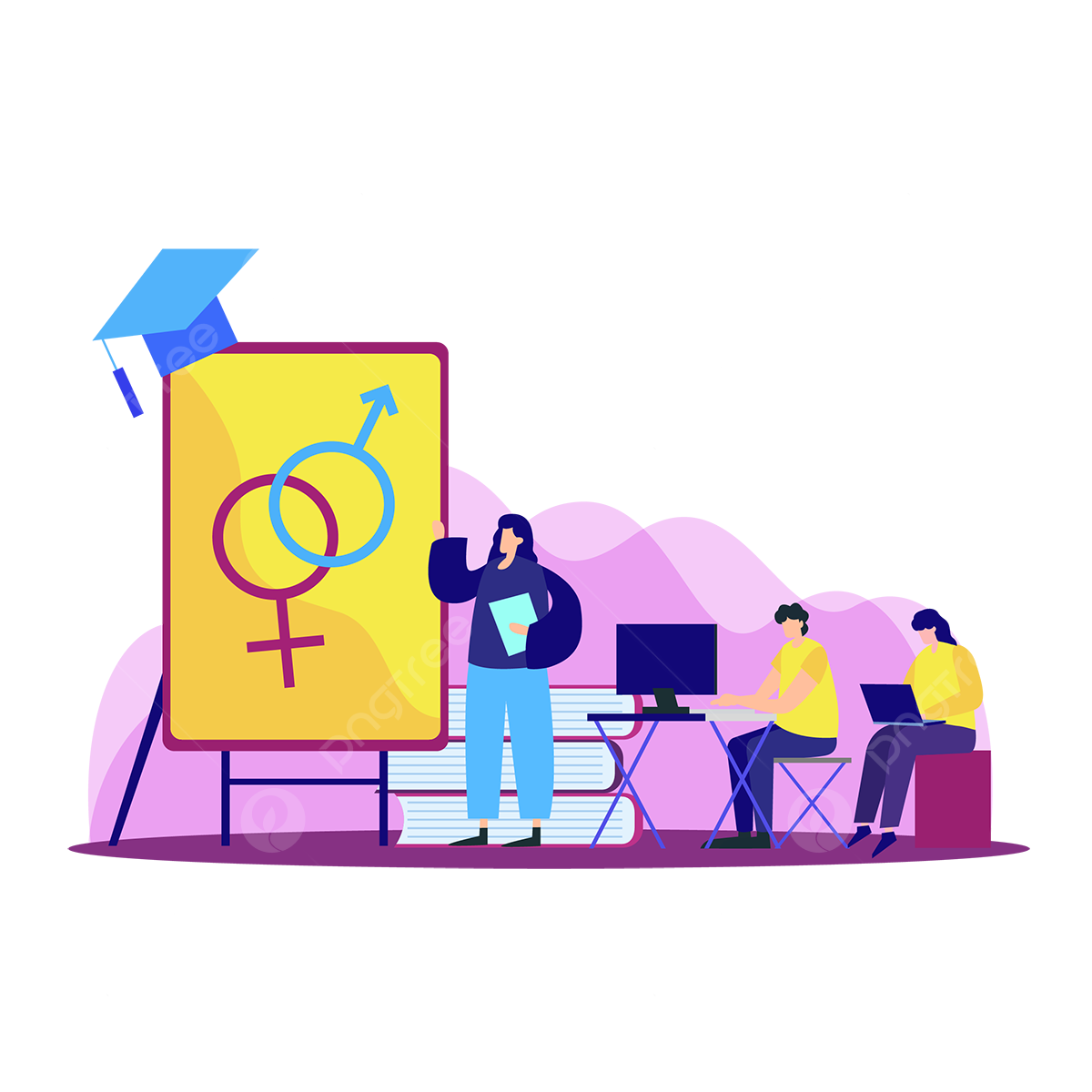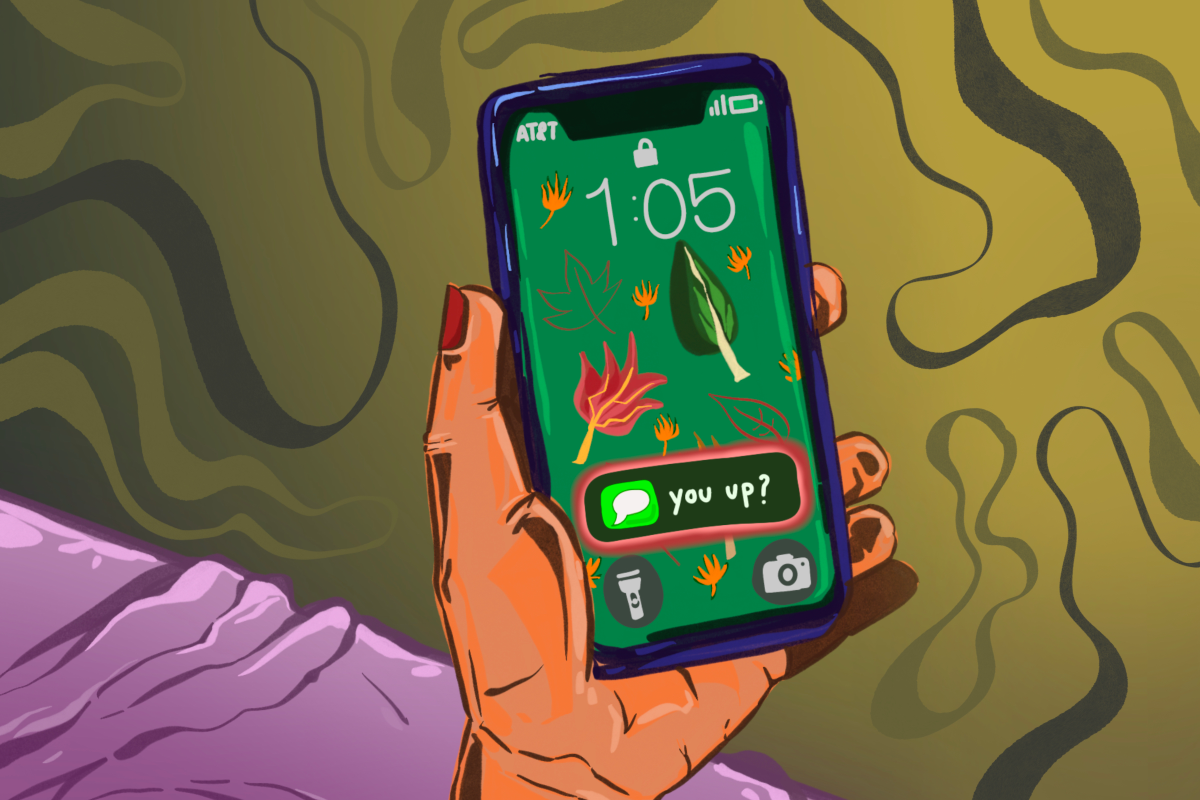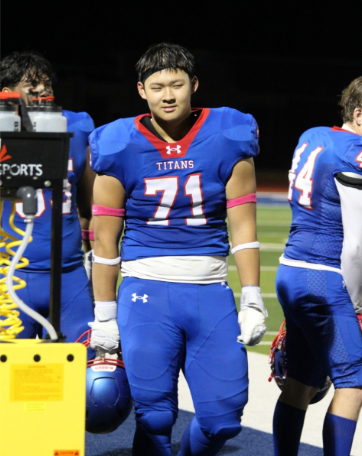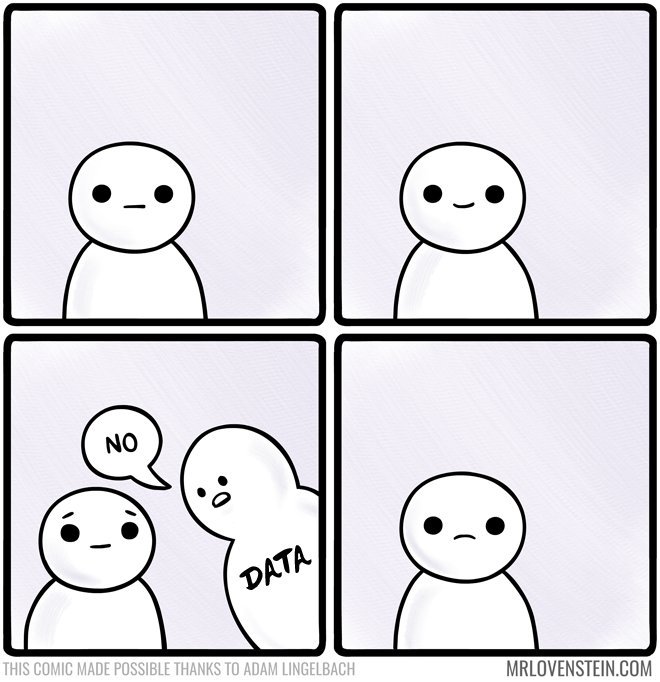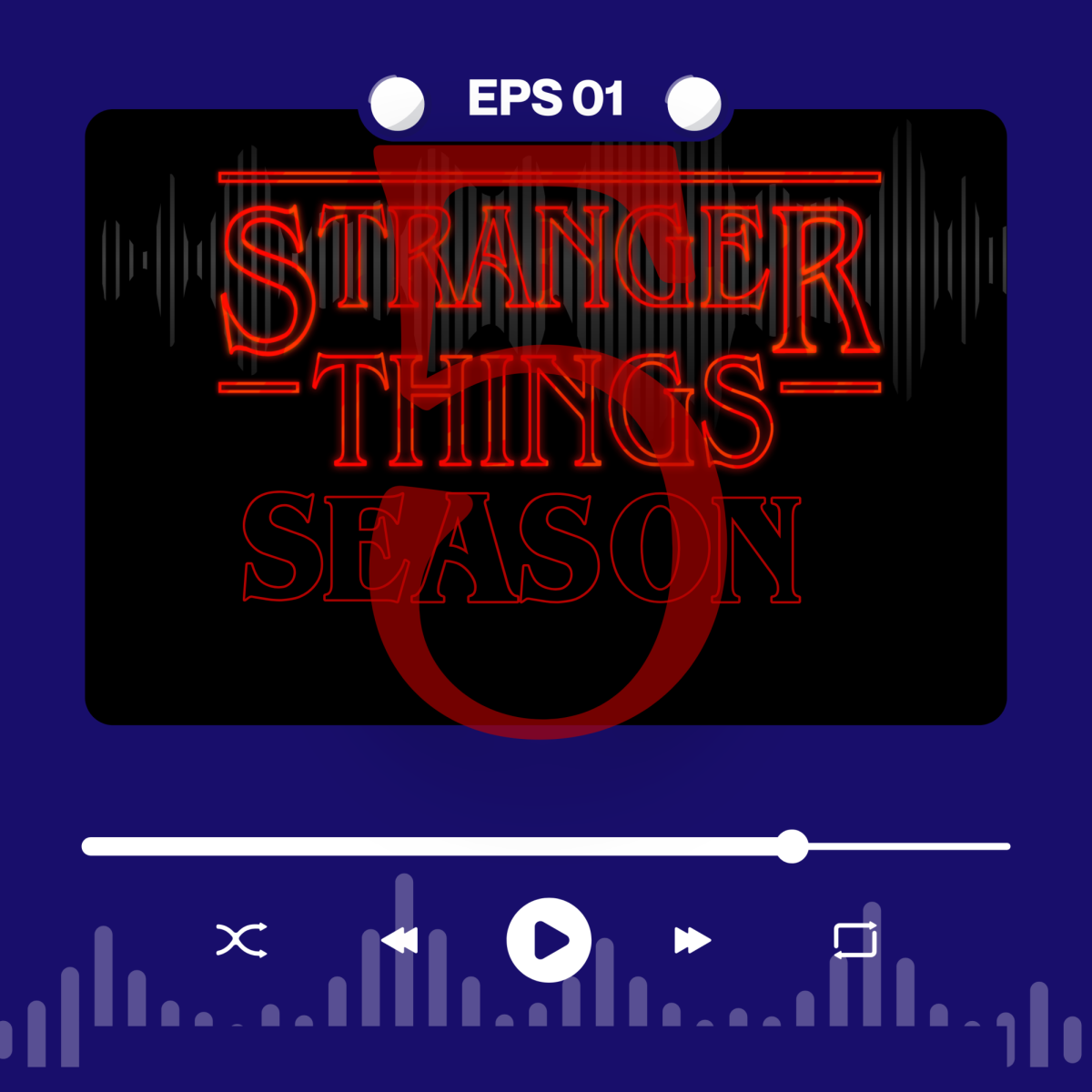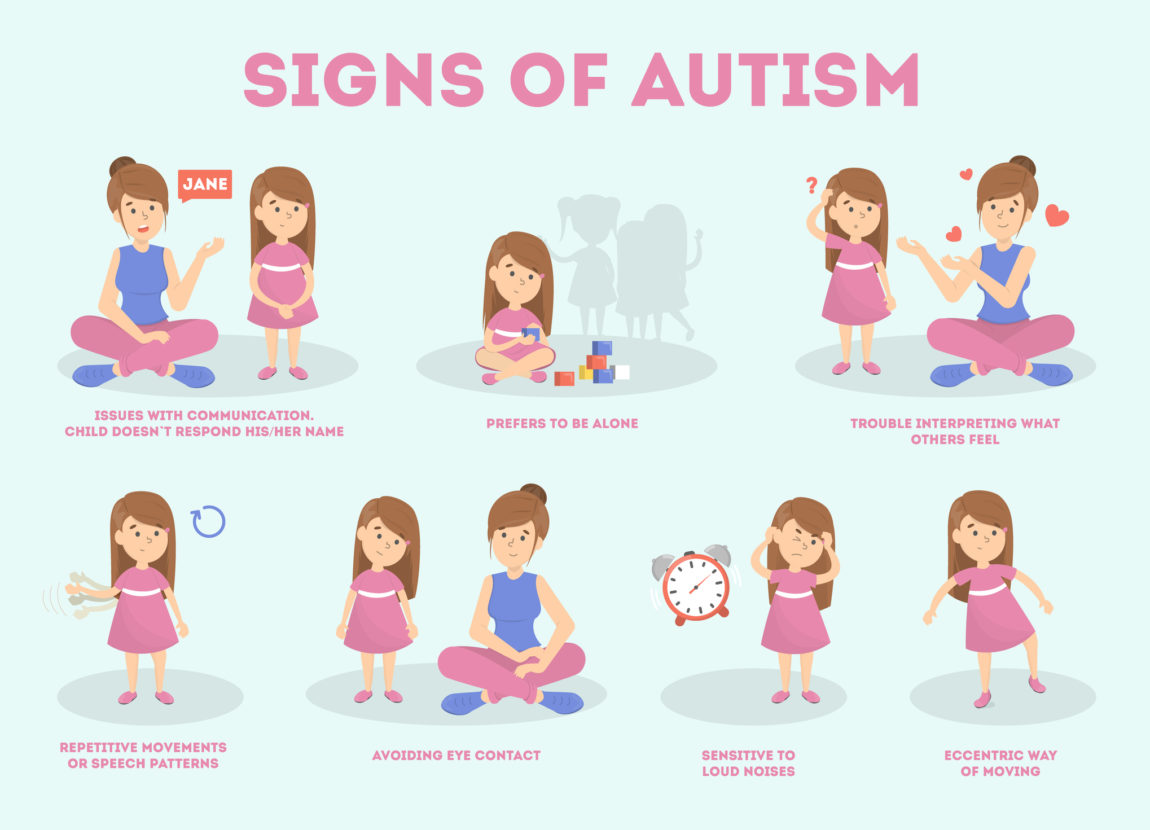Autism or autism spectrum disorder is a big range of conditions characterized by challenges with social skills, repetitive behavior, speech and nonverbal communication. There is no single cause for getting autism, some people can be born with is, but some people develop it over time. Anyway, it is generally caused by abnormalities in brain structure or function. There are several types of autism, the three main ones are Asperger’s Syndrome, Autistic Disorder, and Pervasive Development Disorder. For a child to actually be diagnosed they must show symptoms like social challenges and repetitive behavior. The most common signs of autism are avoiding eye contact, delayed speech and communication skills, reliance on rules and routines, being upset by minor changes, unexpected reaction to sounds, tastes, sights, touch, and smells and so many others.
People with autism may find things like bright lights or loud noises very overwhelming, stressful and uncomfortable, they get anxious or upset about unfamiliar situations and social activities. There is no “cure” for autism. Study finds 80% of people can inherit autism, researches have assumed that mothers are more likely to pass on autism-promoting gene variants, this is because the rate of autism in women is much lower than that in men, it is also thought that women can carry the same genetic gene risk factors without actually showing any symptoms of autism. In an autistic brain, it has reduced connection, known as hypoconnectivity, this allows weakly connected regions to drift apart with sulci (a groove or furrow) forming between them. Research shows the deeper the sulcal pits are, the more language production is affected.
Some things people don’t think about is how bad it could actually be. More severe effects are ADHD, anxiety, depression, epilepsy, sleep disorders, and so many more. Some kinds have periods of meltdowns, these could be from withdraw meaning the person zones out, stares into space, and/or has body parts do repetitive movements, or outward distress which includes crying uncontrollably, screaming, stomping, curling up in a ball, growling, etc. Some people you could know their entire life and you wouldn’t be able to know they have autism. Anyway, if you hear a kid throwing a fit or having a meltdown don’t assume the parents are bad at parenting, don’t judge them, ask if they need any help because you have no idea what either the parent or the child is going through. Autism doesn’t just effect the one diagnosed, it affects the people around them or taking care of them.

